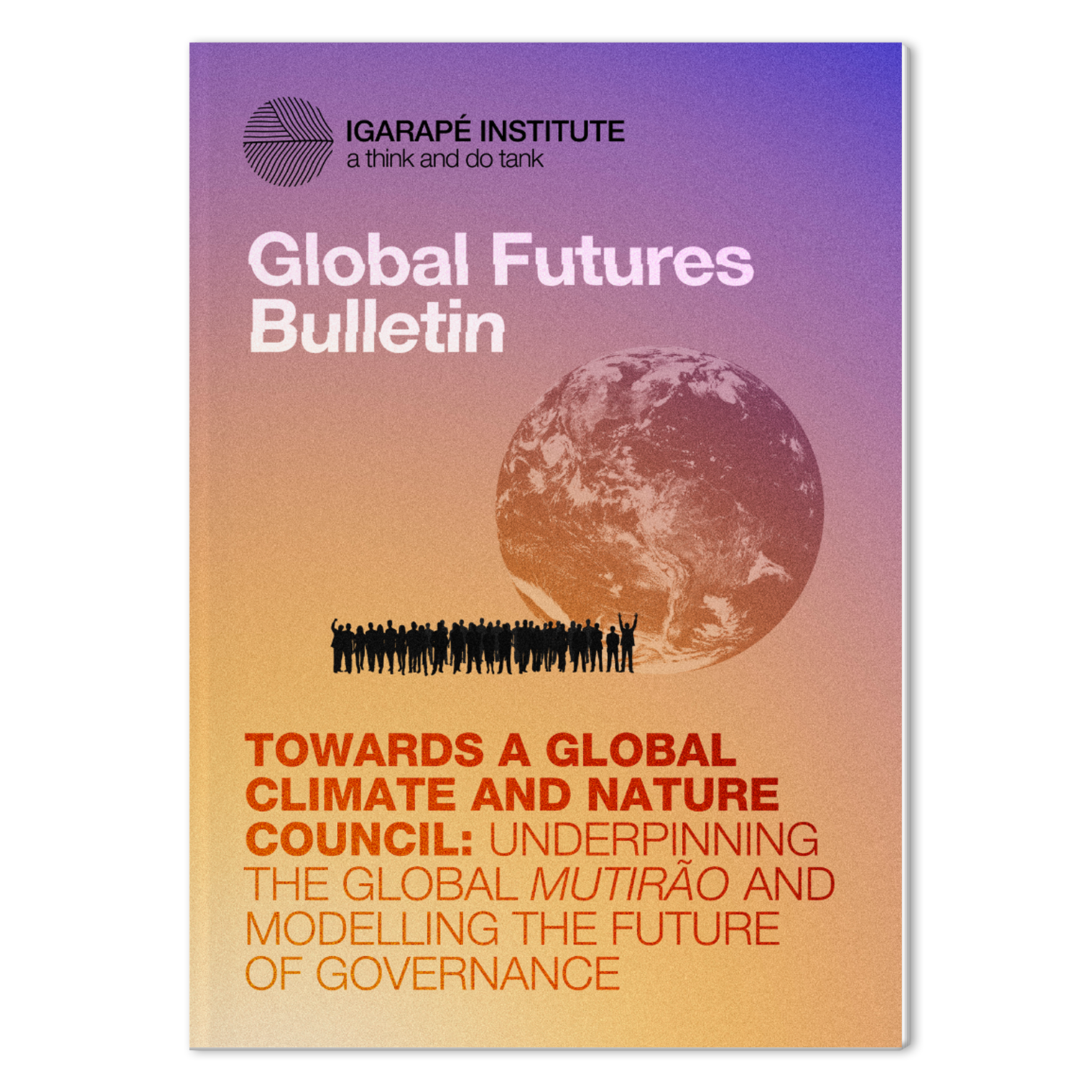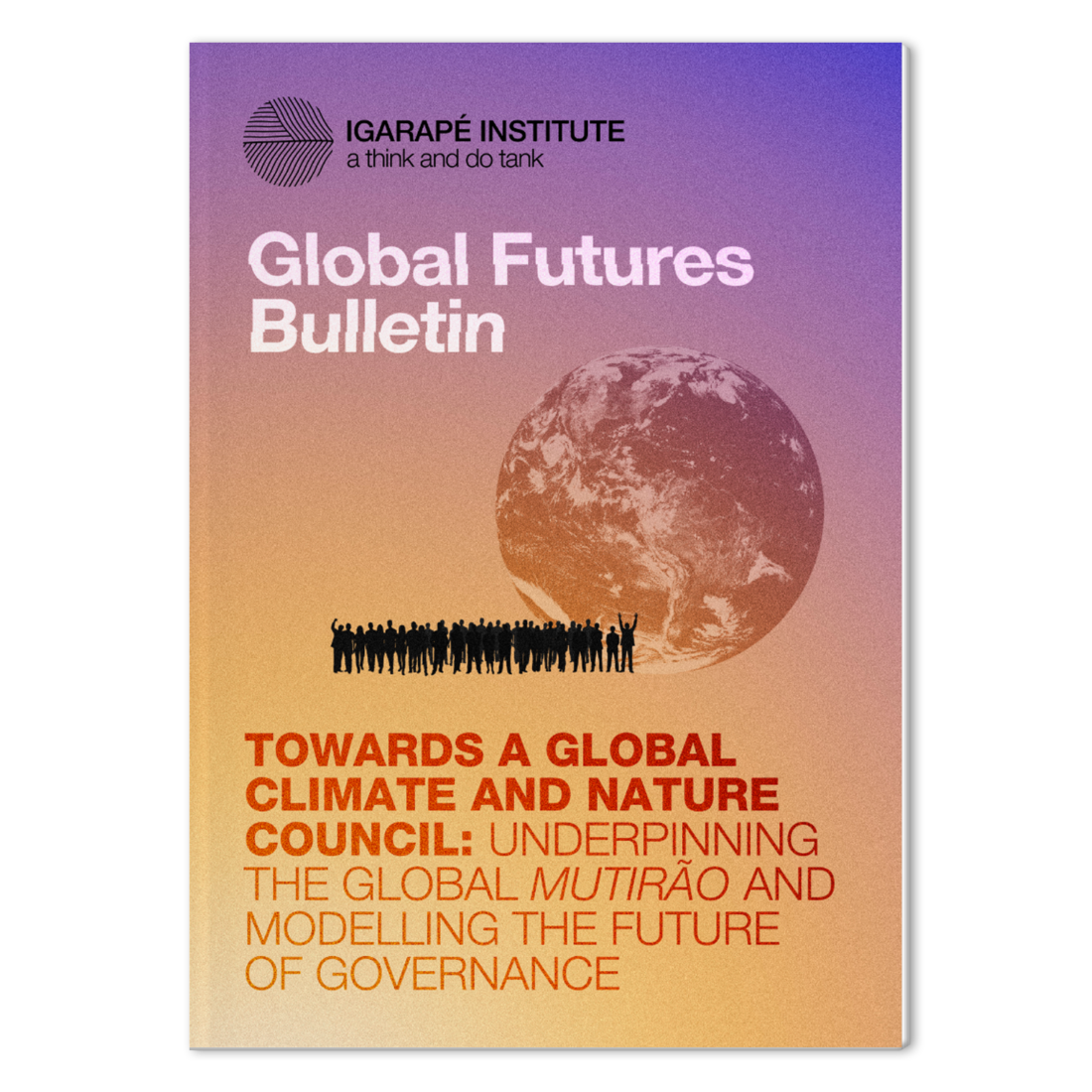Global Futures Bulletin: Towards a Global Climate and Nature Council: Underpinning the Global Mutirão and Modelling the Future of Governance
 At the close of the G20 Summit held in Rio de Janeiro in November 2024, Brazilian President Luiz Inácio Lula da Silva proposed the creation of a new Climate Change Council. Rather than presenting a finalized proposal, the Brazilian government invited the international community to explore the possibility of establishing such a body within the framework of the United Nations (UN) to coordinate the currently fragmented efforts, mechanisms, and institutions addressing climate challenges.
At the close of the G20 Summit held in Rio de Janeiro in November 2024, Brazilian President Luiz Inácio Lula da Silva proposed the creation of a new Climate Change Council. Rather than presenting a finalized proposal, the Brazilian government invited the international community to explore the possibility of establishing such a body within the framework of the United Nations (UN) to coordinate the currently fragmented efforts, mechanisms, and institutions addressing climate challenges.
This paper responds to that invitation and seeks to contribute to the conversation on reimagining global governance, particularly in the lead-up to COP30, to be presided over by Brazil. As part of a broader effort to revitalize multilateralism in a time of overlapping crises, we examine the case for a Global Climate and Nature Council.
By joining this global collective effort, we offer reflections on how such a council could be designed and strengthened, advocating for a more integrated approach grounded in Earth system science, poly-governance, networked multilateralism, and systems thinking. The Ingarapé Institute proposes connecting climate and nature within a single institutional framework and presents practical options for doing so in a way that enhances coherence, accelerates delivery, and respects political feasibility.
To this end, the paper highlights three pathways that would not require amending the UN Charter: combining UNEP and the Rio Conventions through an official UN80 proposal; establishing a new council under one or more Multilateral Environmental Agreement (MEA); or creating a subsidiary council within an existing UN body, such as the General Assembly or the Economic and Social Council.
Although no new or reformed body can solve all the fragmentation or implementation challenges in today’s global governance landscape, we argue that a Global Climate and Nature Council could play a catalytic role in bridging gaps and fostering a more coherent, inclusive, and effective international response to the planetary emergency.
Read the publication
Learn more about this topic in the Governance Gaps: Assessing Global Disparities in AI Policy Initiatives around the World and The Global Scramble to Secure Critical Minerals editions of the Global Futures Bulletin.



